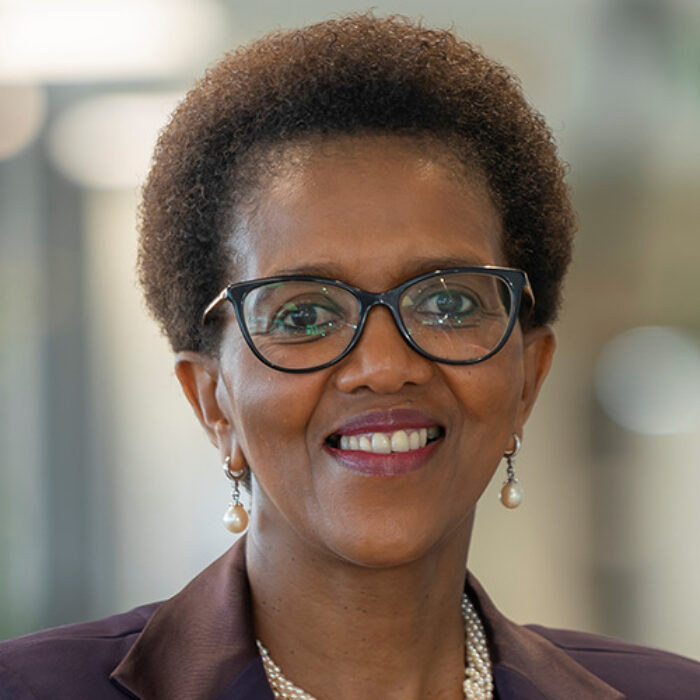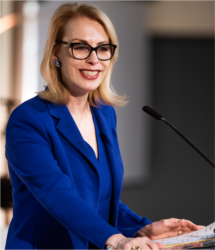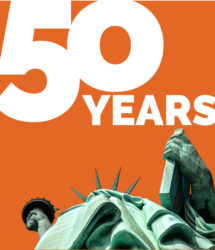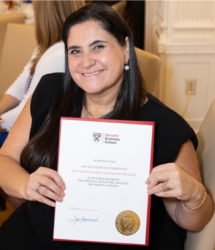General Information
From the President’s Desk: IWF President, Carolyn Carter


Congratulations to Nolitha Fakude on being recognized on the Forbes 2024 50 Over 50 list for Europe, the Middle East, and Africa. Nolitha was named the first female president of the Minerals Council South Africa in 2021, an organization dating to 1887. Humanitarian Graça Machel, a 2007 IWF International Hall of Fame honoree, was also named to the list. She was Mozambique’s first female cabinet member as education minister, and was married to Nelson Mandela, the former president of South Africa, and former president of Mozambique Samora Machel.
President, Wellesley College: Transformed women’s cardiac health and beyond
Director of NASA’s Johnson Space Center: Led the first U.S. moonshot in 50 years
CEO of UPS: Named one of the “Most Powerful and Influential Women”
Architect of the Glass Ceiling Commission: Defined the glass ceiling in order to break it

From the President’s Desk: IWF President, Carolyn Carter

Save the Date: 50th Anniversary Cornerstone Conference November 20-22, 2024, Hong Kong SAR

IWF 50th Anniversary World Leadership Conference: New York, NY

Leadership Fellows Program Applications are Due June 1, 2024
The glass cliff: why women rise to leadership positions during crises
Why Everyone Wins With More Women In Leadership
Report: Women in the Workplace 2023
‘Glass ceiling’ is problem, but so are ‘broken rungs’